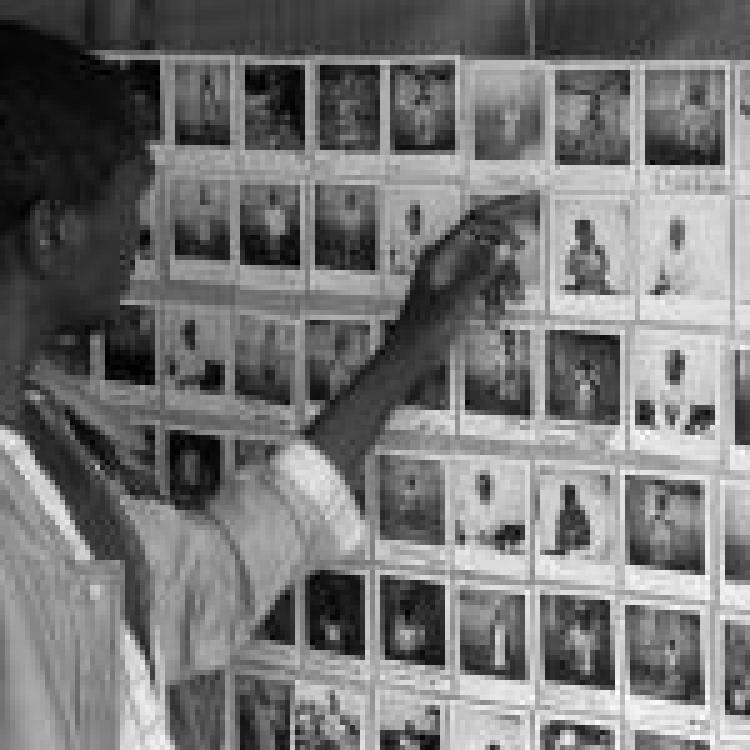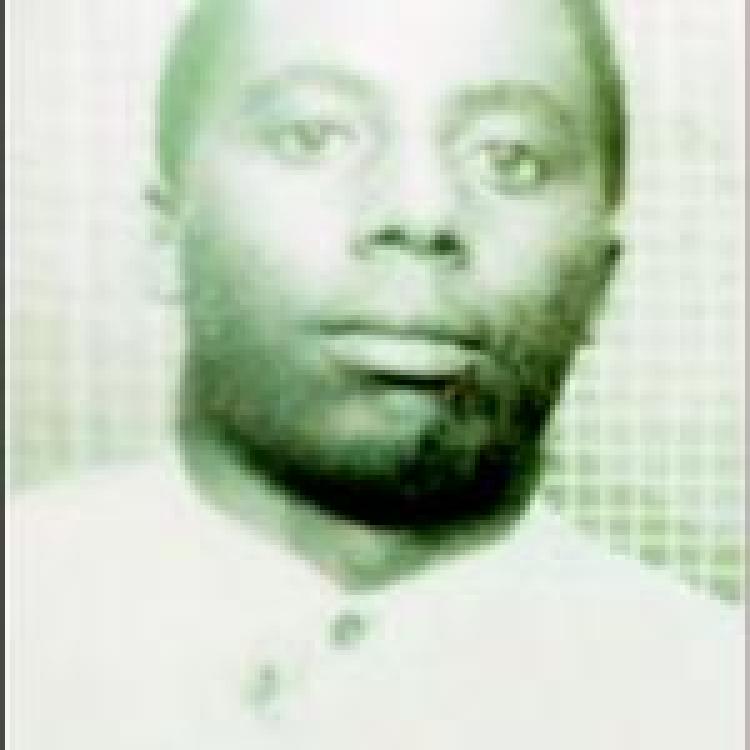Rwandan genocide suspect, Félicien Kabuga, 84, has been transferred into detention at The Hague to face trial for his alleged participation during the 1994 genocide of thousands of Tutsis in Rwanda.
He was on the run for over two decades until he was arrested in France in May. The United Nations International Residual Mechanism for Criminal Tribunals, which handles outstanding war crimes cases for Rwanda and the former Yugoslavia, is due to try the former tea and coffee tycoon. Kabuga is indicted on counts of genocide, complicity in genocide and crimes against humanity.
He allegedly established the RTLM radio, which is known for playing a vital tool in inciting hate and dehumanising the Rwandan Tutsis. Other allegations include equipping the main perpetrators of the genocide and using his companies to import machetes from China, which helped annihilate over a million Tutsis and moderate Hutus.
Commenting on Kabuga’s arrest in May, DW journalist, Fred Mubuni commented it “gives confidence to genocide survivors that all monsters will one day have their day in court and that they will never find a safe haven where they are safe from justice”. The international community must assist in bringing the “hundreds of Rwandan genocide suspects still hiding in Europe and Africa” to justice, Mubuni added.
Read more here, here, and here.



